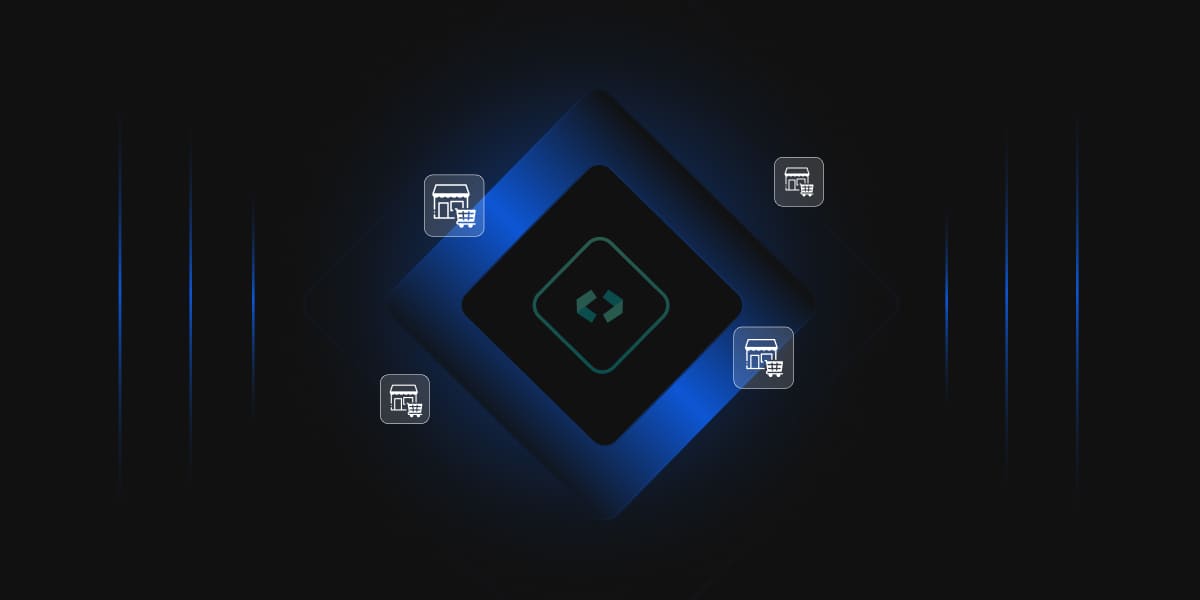Company Overview
This organization is one of the foremost retail giants in the United States, with an expansive presence both online and in physical stores nationwide. Renowned for its diverse product range, the company caters to millions of customers annually, offering everything from household goods to high-tech electronics. The company employs an efficient data security infrastructure to protect customer information and ensure secure transactions.
Despite its substantial investment in cybersecurity tools like firewalls, encryption, and intrusion detection systems, the organization has faced criticism for its reactive rather than proactive security strategies. There has been an ongoing issue with the company’s lack of a comprehensive monitoring system for unusual network activity, which has sometimes delayed the detection of security breaches.
A significant gap in the company’s cybersecurity approach is its lack of code signing practices. Code signing is a process that uses digital signatures to verify the authenticity and integrity of executable scripts and code, ensuring that the software has not been altered or compromised. Without this practice, the organization risks deploying software updates or applications that could be tampered with, leading to vulnerabilities in its IT infrastructure.
This absence of code signing exposes the company to increased risks of malware infections and data breaches, which could jeopardize customer trust and corporate credibility. As part of its future cybersecurity initiatives, the organization must implement stringent code signing protocols to safeguard its software supply chain and protect its expansive retail operations and customer data network.
Challenges
-
Private Key Theft
Private code signing keys can be considered a juicy target for cyber attackers. Improperly protected keys are dangerous. Stealing private code signing keys allows intruders to disguise malicious software or malware as authentic code. Worse than that, there are limited revocation mechanisms in the code signing systems, which makes the threat of stolen private keys even worse.
-
Unauthorized code signing certificates
Insufficient protection of the Certificate Authority private keys used to issue these certificates or weak vetting processes used for certificate issuance can allow attackers to obtain unauthorized code signing certificates.
-
Misplaced trust in keys or certificates
Code signing verification is handled by cybersecurity experts who know there is no such thing as being careful when it comes to cybersecurity. However, an inexperienced expert could inadvertently use untrustworthy or unsuitable certificates and keys for code signing.
Using insecure or untrustworthy certificates and keys makes the organization prone to dangerous cyber attacks. In addition, verifiers may allow users to extend trust to such certificates, which opens them up to vulnerabilities.
-
Signing of malicious or unauthorized code
Accidental or wrong signing of malicious or unauthorized code can be considered a serious risk. Without a proper code signing process, anything from a genuine mistake to an attack, intrusion into development systems, or bad governance controls can lead to malicious code being signed.
-
Weak cryptography
Using weak cryptographic algorithms or insecure key generation methods opens the doors for cyber attackers, making it easier for them to carry out successful brute force or cryptanalytic attacks. This is essential because cybercriminals’ methods are constantly becoming more sophisticated.
Solutions
-
CodeSign Secure significantly accelerated the code-signing process, reducing it from hours to a few seconds. These eliminated the existing code signing techniques that caused delays of hours or even days in the CI/CD pipeline, which hindered the organization’s fast software development goals.
-
CodeSign Secure provides tamper-proof storage for private keys in Hardware Security Modules (HSMs) with centralized monitoring, eliminating the risks associated with stolen, corrupted, or misused keys.
It also eliminated the Inefficient manual management of code signing keys and certificates, which created compliance challenges and introduced security risks, as the lack of visibility and control made it difficult to detect unauthorized or malicious code signings.
-
CodeSign Secure’s robust access control systems, integrated with LDAP and customizable workflows, mitigated risks associated with unauthorized users signing codes with malicious certificates. It eliminated the heightened vulnerability to insider threats, where individuals within the organization could misuse code signing capabilities.
-
CodeSign Secure enables code validation against up-to-date antivirus definitions before signing, ensuring only clean, trusted code is signed. It ensured the integrity and authenticity of code through code signing while maintaining efficiency and preventing delays in the development cycle.
-
CodeSign Secure’s support for InfoSec policies and customizable workflows facilitated compliance with industry-specific regulations. It eliminated the complexities of aligning code signing processes with industry-specific regulations, creating the need for streamlined compliance efforts.
Impact
-
CodeSign Secure accelerated the code signing process, reducing it from hours to a few seconds. This enhanced developer productivity, faster software deployment, and reduced time to market for retail applications.
-
CodeSign Secure provides tamper-proof storage for private keys in HSMs with centralized monitoring while eliminating the risks associated with corrupted, stolen, or misused keys. This enhanced data security through robust key management, reducing the risks associated with data breaches and unauthorized access.
-
CodeSign Secure’s access control systems, integrated with LDAP and customizable workflows, mitigated the risks associated with unauthorized users signing codes with malicious certificates, mitigating insider threats while reducing unauthorized code modifications, and strengthened data security by precise access control.
-
CodeSign Secure enables code validation against up-to-date antivirus definitions before signing, ensuring the signing of only clean, trusted code. This Enhanced code signing security by preventing the signing of potentially malicious code, preserving code integrity, and reducing the risk of security incidents.
-
CodeSign Secure’s support for InfoSec policies and customizable workflows facilitated compliance with industry-specific regulations. This streamlined compliance effort reduced the risk of regulatory fines and ensured adherence to retail industry security standards.
Conclusion
The transformation brought by CodeSign Secure has been nothing short of remarkable for the retail sector. Faster code signing processes, improved key security, and precise access control have accelerated software development and fortified the organization’s data security posture. With streamlined compliance and code validation, the organization is now better equipped to navigate the industry’s complexities while maintaining the highest data security standards.

